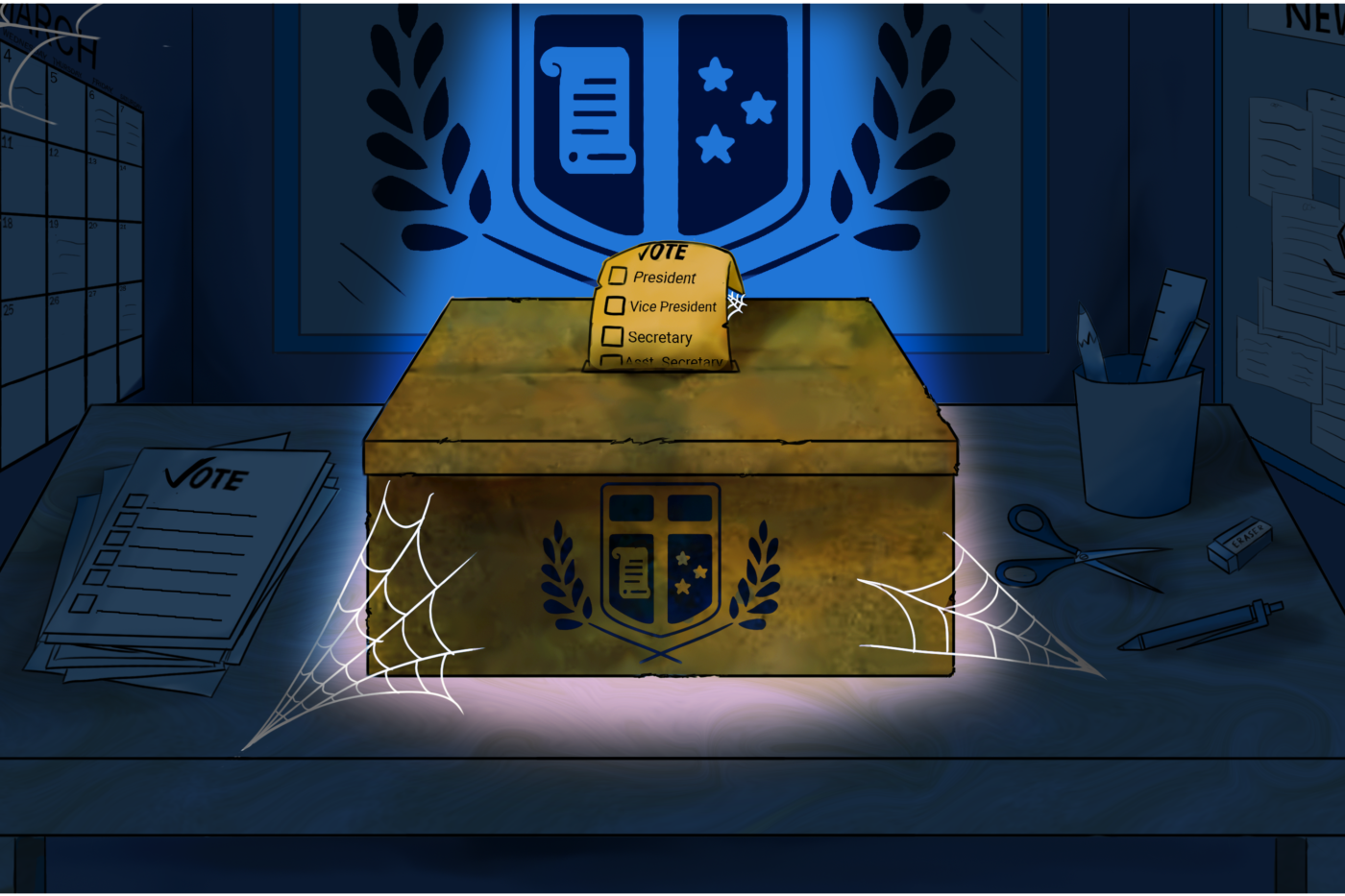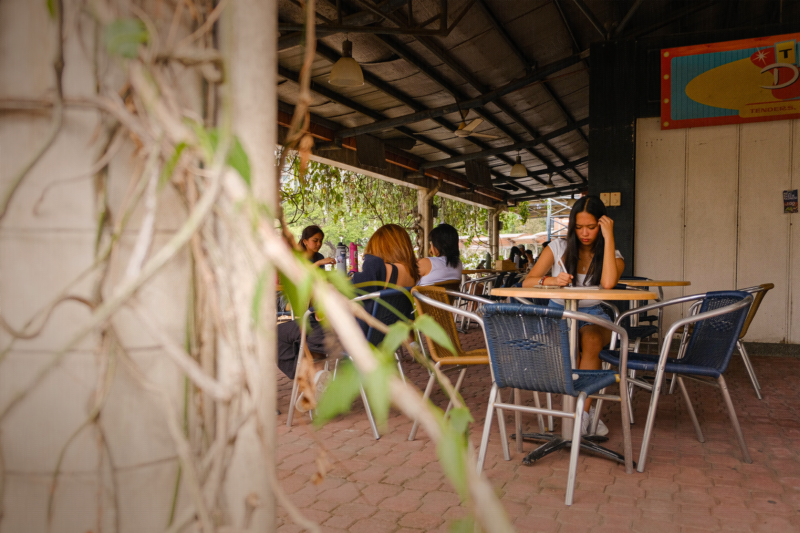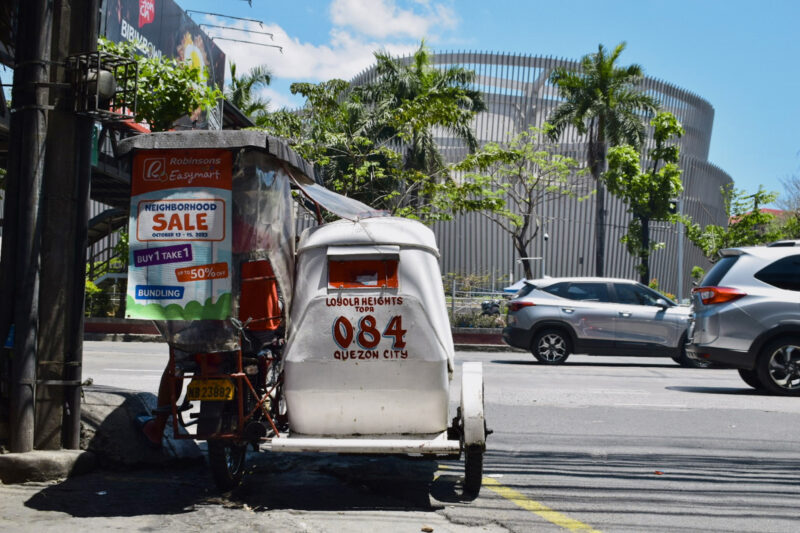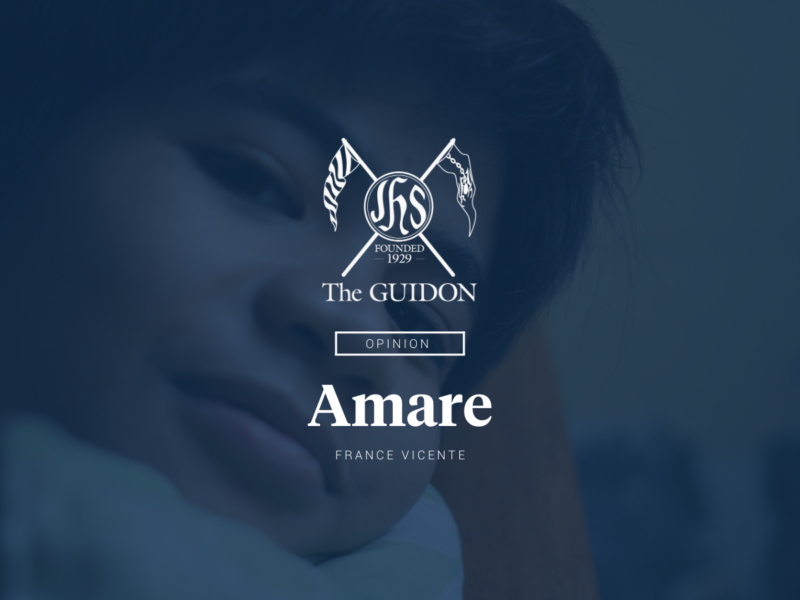ARTICLE VI, Section 2.1 of the 2019 Undergraduate Constitution states that in the event of a vacant presidency, the Vice President will assume office and appoint a successor from the pool of school representatives. This contingency was enacted on May 8 following the graduation of former Sanggunian President Quiel Quiwa and the Ateneo Commission on Elections’ (COMELEC) decision to suspend the General Elections. This was done with the transition of power to Jb Bejarin and the establishment of an interim government.
With the first semester looming and student elections still uncertain, Bejarin states that the Sanggunian is willing to comply with the course of action that Ateneo COMELEC decides to adopt. However, Bejarin expresses concerns about the loss of representation, given that students may be denied the opportunity to choose their leaders if elections are cancelled altogether.
Thus, Bejarin believes that in a time when on-site activities have been suspended, the Sanggunian’s current test is to be “more inclusive with [its] decision-making” and to surmount the difficulties of upholding democracy at the University level.
Facing the future
As the interim government navigates alternative avenues for the student body to influence decision-making in the University, Bejarin affirms that the Sanggunian is improving its systems to foster more involvement from the LS students. He hopes that the relaunch of Sabihin Sa Sanggu (SSS)—an initiative first established in AY 2018-2019—can address the need for a platform where students can effectively raise their concerns. The SSS, according to Bejarin, will be integrated into the Sanggunian’s website by September. He also mentioned that channels for “how to obtain thesis grants, mental health subsidies, and resource partnerships” are being developed.
Besides revamping external systems, Bejarin states that his government has also adopted a student-centric approach to evaluate the Sanggunian’s internal setup and operations. According to Bejarin, “comments about the Sanggunian’s size” and data from a recent student perception survey have aided structural reform and planning “[at least] for the interim period.” As the Sanggunian reassesses its processes for “project conceptualization, communication, and budget formulation,” Bejarin emphasized the imperative for any changes to be grounded on the extraordinary realities and needs of the student body today.
Noting that the COVID-19 pandemic strengthened collaboration within the community, Bejarin states that enhanced communications with the University administration have amplified grievances related to online learning. Indeed, the Sanggunian mediated transparency between the students and the administration, especially by facilitating surveys and discussion groups for feedback on intersession classes.
Citing an uptick in survey respondents and students reaching out to the Sanggunian’s Facebook page as promising signs, Bejarin hopes that student engagement will heighten throughout his term. Despite his optimistic outlook, Bejarin acknowledges that issues of adequate representation, coupled with the mass dispersion of the student body, still slow down the Sanggunian’s strides towards inclusive governance.
“There’s a lot of work to be done, but I guess we’re going [in] a good direction [because] students have gotten us this far,” he says. With Recruitment Week fast approaching, Bejarin hopes that the Sanggunian’s campaign can cement it as “everyone’s student government.
External expectations and insights
Despite reassurance from Bejarin, uncertainty over student elections lingers. Along with the student body, the other branches of the student government—specifically Ateneo COMELEC and the Student Judicial Court (SJC)—will be keenly monitoring the Sanggunian.
Ateneo COMELEC Officer-in-Charge John Patrick Lumbre confirms that they will conduct a constituency check in the first semester regarding the feasibility of online elections. This course of action was advised by Current SJC Chief Magistrate Nicole Tolentino. Tolentino further explained that in case the Ateneo COMELEC lacks the resources for an online election, the SJC will not declare anything final regarding it.
Lumbre states that they are still discussing contingencies for how they will tackle this issue. With regard to the possibility of a “blended” election—using both online and traditional voting—Tolentino stated that it would “[…]cause a lot of complications […] because the provisions are going to be very particular about it.”
In the context of COMELEC’s restrictions for the year, Lumbre says that Ateneo COMELEC is understaffed due to senior members either having graduated already or prioritizing their academics, which may affect their overall performance. Nonetheless, Ateneo COMELEC assures that they are doing their best to maintain the fairness and accessibility of elections, and are coordinating with the Office for Student Activities (OSA) on the dissemination of election-related information.
Tolentino affirmed that students can approach both the SJC and the Ateneo COMELEC through their emails and respective social media channels, should they have any concerns about the elections.
Democracy in doubt
With the fate of Sanggunian General Elections still unclear, student representation within the University is put into question. Political Science professor Oliver Quintana, however, believes that participation in the political system does not “end the moment [students] cast [their] ballot.” He elaborates that democracy can still be guaranteed as long as the values of “people participation, transparency, and accountability” are practiced within the LS community.
“I think the main reason why this [representation] is an issue is because students need to be assured that their best interests are always pursued by the Sanggunian,” Quintana says. He explains that since the Sanggunian’s reach now extends into the students’ homes, it will entail confronting domestic issues as well. “It’s a different setting now, so if [students] don’t participate, we won’t have the opportunity to address these [new] problems,” he adds.
Although the Sanggunian is dealing with the unprecedented challenge of representing a geographically scattered student body, Bejarin states that they remain steadfast in safeguarding the Ateneo’s culture of democracy. While the abrupt term extension initially stirred mixed reactions from the Sanggunian’s high-ranking members, Bejarin believes their recommitment to their roles is a sign of persevering service to the student body. Bejarin also personally appeals to the student body for cooperation, warning that the Sanggunian’s efforts will amount to little if they are underutilized.
While the pandemic may have necessitated the enactment of an interim government, Quintana still urges students to remain vigilant and vocal about the Sanggunian’s plans. With the conventional means of participation and representation disrupted, the Sanggunian and the student body must now share the bigger responsibility of keeping democracy alive outside the tradition of school elections.







